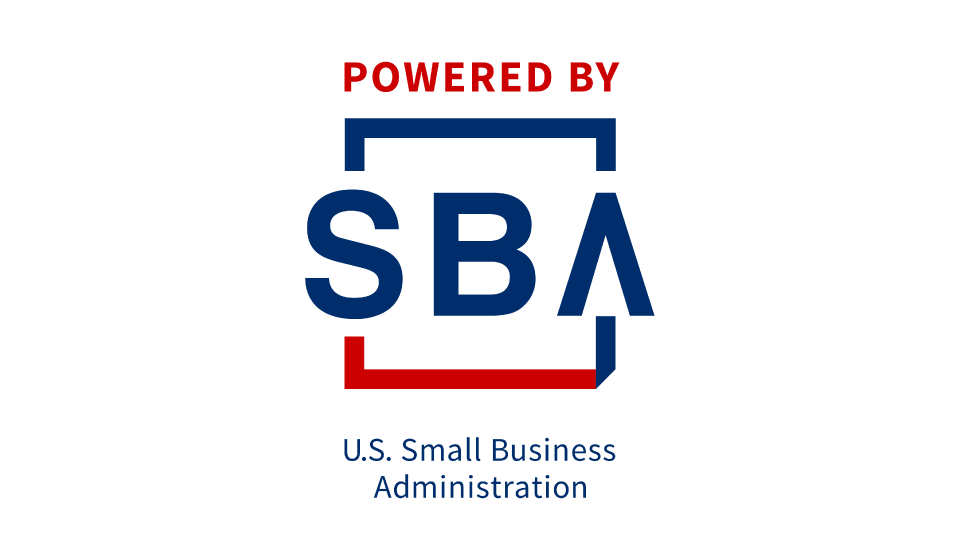This page is intended to aid your research efforts as you perform an analysis of your business industry. The following steps should be utilized as a template to report major findings and organize your research.
Identify Your Industry
Determine the Standard Industrial Classification (SIC) and/or NAICS Code for the industry. Search the official NAICS website or the U.S. Department of Labor website for the code. This information is also available in the Reference section of your local library.
NAICS codes replaced SIC codes beginning in 1997 for use by industries in Canada, Mexico, and the United States. Combine industry title information with either the SIC or NAICS code. Some companies maintain more than one SIC code as they have more than one business.
Industry Overview
Include the following information:
- Brief history of the industry
- Factors that affect growth (examples include regulatory environment, consumer trends, changes in technology, etc.)
- Leading businesses or competitors in the industry
- Government regulations
Industry Trends, Statistics & Educational Materials
Include the following information:
- Estimated size of the industry (In dollars and/or products/services sold)
- Trends in sales over recent years
- Current management & operational trends (examples include technology usage, environmentally-friendly practices, etc.)
- Prevalent marketing strategies (what do successful competitors use?)
- Seasonality of the industry, if any
- Industry sensitivity to economic fluctuations, if any
Industry Developments, News, Innovations & Government Regulations
Library Resources
- Standards & Poor’s Industry Surveys
- US Industry & Trade Outlook
- Encyclopedia of Emerging Industries (Gale Research)
- Encyclopedia of American Industries (Gale Research)
- Trade association magazines
- Online databases (Dow Jones Interactive, InfoTrac, etc.)
- Internet Resources (free or for purchase)
- Trade Associations (Encyclopedia of Associations)
- Hoovers Online – Company & Industry Section
- MarketResearch.com – Retailer of private market research reports
- SBDCnet
- Dun & Bradstreet offer statistical industry data on their website
- BizStats
- Better Business Bureau
Consumer Market Data
Demographic considerations:
- Population/Household size
- Ethnicity
- Median income
- Family status
- Age
- Housing status
- Gender
- Race
Psychographic considerations:
- Lifestyle information
- Purchase habits
- Tastes and preferences
Library Resources
- Lifestyle Market Analyst, SRDC- used for collecting psychographic data
- Demographics USA County or Zip Code Editions, VNU Publishing
Internet Resources (free or for purchase)
- Bureau of the Census website
- ESRI, formerly CACI Marketing Solutions, provides free demographic data by zip code
- EASI provides estimated demographic statistics by user-specified radii for any address
- Applied Geographic Solutions’ Mosaic supplies psychographic data & analysis
Competitor Information
Include the following:
- The major businesses in the industry
- Their location(s)
- Length of time they have been in business
- Competitor market share (percentage of)
Library Resources
- Colorado Business Directory
- Encyclopedia of American Industries (Gale Research)
- Harris InfoSource Business Directory
Internet Resources (free or for purchase)
- Trade associations
- Securities Exchange Commission (for research on public companies)
- ReferenceUSA (subscription-based service for libraries & government agencies- see their parent company site, InfoUSA)
- Dun & Bradstreet’s ZapData
- Hoovers Online
- Thomas Register or Thomas Regional- free registration is first required
- Company websites
Search engines can be utilized to find additional resources and information. Use common industry jargon and search to see if identified trade associations have websites. Use quotes around a multi-word phrase when searching to ensure it will be treated as one phrase instead of several words. For questions about research strategies and resources, please contact us.



